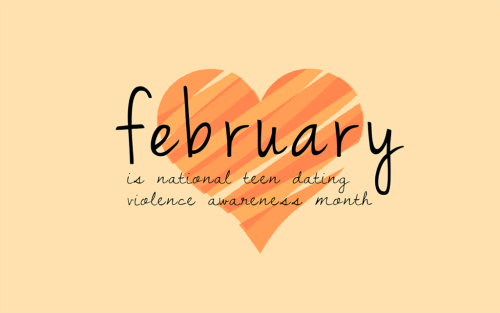
“Will you be my Valentine?” It’s a fun, and sometimes, anxiety inducing question many teenagers experience during the month of February. It can be to someone you met online, or even in the hallway at school. When relationships form, it can be hard work to keep it healthy and manage emotions. Some teens may not have the skills to do this and that can lead to violent relationships.
“Teens today live in a world where ‘dating’ doesn’t always look like it did in the past, where digital connections are as common as face-to-face ones,” explained Dr. Stephen Mandler, Chief Medical Officer and Chief Clinical Officer at Orchard Place. “It’s important to recognize that teen dating violence can extend beyond physical spaces into the realm of social media.”
A study from the World Economic Forum shows that 95% of teens have smartphones and use social media platforms. Dr. Mandler says online relationships can cause a teenager to be in a situation their uncertain how to get out of. “They may feel uncomfortable going to parents, but trusted and safe adults are important.” Parents, it’s important to find ways of communicating to your teen that not all relationships are healthy. In fact, unhealthy relationships can cause harmful effects to their mental health.
Teen dating violence can lead to suicidal thoughts, self-doubt, harming themselves, depression, and anxiety. According to the American Psychological Association, 65% of teens experiencing dating violence say they were psychologically abused. It’s important to acknowledge that this can happen online and in a physical relationship.
The Mayo Clinic Health System lists the signs of teen dating violence as: physical harm, disrespecting your partner, poor boundaries, co-dependence, anger, lying, intimidation, controlling or pressure in decision making, jealousy, and pressuring sexual activity.
Now’s the time to talk to your children about the warning signs of dating violence. “Tell your child, ‘If you ever find yourself in an unsafe situation in a relationship, you can always come to me, and I will listen without judgment,’” stated Dr. Mandler. “Tell them, ‘I will help you be safe.’”
And if you need more guidance, there’s a free and interactive behavioral health conference for youth on Saturday, February 17, 2024. It’s being held from 10:30 a.m. to 3:00 p.m. at the DMACC Urban Campus. There will be opportunities to ask questions and learn about healthy relationships, self-care, and community resources. Scan the QR Code on the flyer to register.